Navigating Time: A Comprehensive Look At The 2026 Calendar
Navigating Time: A Comprehensive Look at the 2026 Calendar
Related Articles: Navigating Time: A Comprehensive Look at the 2026 Calendar
Introduction
With enthusiasm, let’s navigate through the intriguing topic related to Navigating Time: A Comprehensive Look at the 2026 Calendar. Let’s weave interesting information and offer fresh perspectives to the readers.
Table of Content
Navigating Time: A Comprehensive Look at the 2026 Calendar

The calendar, a ubiquitous tool for organizing time, has evolved significantly over the centuries. While digital calendars dominate our modern lives, the traditional printed calendar remains a valuable resource for many. The 2026 calendar, with its familiar 7×7 grid format, offers a unique perspective on time, providing a visual roadmap for the year ahead.
The 7×7 Grid: A Visual Representation of Time
The 7×7 grid, a standard format for calendar layouts, presents a clear and concise overview of the year. Each week is represented by a row, with the days of the week arranged in columns, creating a visual rhythm that mirrors the cyclical nature of time. This format allows for easy navigation and identification of key dates, holidays, and events.
Benefits of the 7×7 Calendar Format
The 7×7 grid format offers several advantages:
- Clarity and Organization: The grid’s structure provides a visual framework for organizing tasks, appointments, and deadlines. The distinct rows and columns facilitate easy identification of specific dates and timeframes.
- Visual Overview: The entire year is presented in a compact and easily digestible format, allowing for a quick glance at the overall flow of time and the distribution of events.
- Planning and Scheduling: The 7×7 grid provides a visual aid for planning and scheduling activities, ensuring that important dates are not missed and that time is managed effectively.
- Flexibility and Customization: The grid format allows for personalized customization, enabling users to incorporate notes, reminders, and personal goals alongside the standard calendar information.
Understanding the 2026 Calendar
The 2026 calendar, presented in the 7×7 grid format, follows the Gregorian calendar system, the most widely used calendar in the world. It consists of 365 days, divided into 12 months. The year 2026 is not a leap year, meaning it does not have an extra day in February.
Key Dates and Events
The 2026 calendar will feature several significant dates and events, including:
- Holidays: National and religious holidays will be marked on the calendar, providing a visual reminder of important observances.
- Special Occasions: Birthdays, anniversaries, and other personal events can be noted on the calendar to ensure they are not forgotten.
- Important Dates: Significant deadlines, meetings, and appointments can be highlighted on the calendar, ensuring that important dates are not missed.
Using the 2026 Calendar Effectively
To maximize the benefits of the 2026 calendar, consider these strategies:
- Utilize the Grid: The 7×7 grid allows for visual organization of information. Utilize color-coding, symbols, and annotations to highlight important dates and events.
- Plan Ahead: Use the calendar to plan for future events and deadlines, ensuring that time is managed effectively and that important dates are not missed.
- Review Regularly: Make a habit of reviewing the calendar regularly to stay updated on upcoming events and deadlines.
- Integrate with Digital Tools: The 2026 calendar can be used in conjunction with digital calendars and task management apps for a comprehensive approach to time management.
Frequently Asked Questions
Q: What is the first day of the week in the 2026 calendar?
A: The first day of the week in the 2026 calendar is a Wednesday.
Q: Is 2026 a leap year?
A: No, 2026 is not a leap year.
Q: How can I customize the 2026 calendar?
A: You can customize the 2026 calendar by using color-coding, symbols, and annotations to highlight important dates and events. You can also add personal notes and reminders to the calendar.
Tips for Using the 2026 Calendar
- Use Different Colors: Assign different colors to different categories of events, such as work appointments, personal appointments, and holidays. This will make it easier to visualize and prioritize your commitments.
- Use Stickers and Markers: Utilize stickers and markers to highlight important dates and events on the calendar. This will help you remember and stay organized.
- Keep it Visible: Place the calendar in a prominent location where you will see it every day. This will help you stay aware of upcoming events and deadlines.
Conclusion
The 2026 calendar, presented in the familiar 7×7 grid format, serves as a valuable tool for organizing time, planning events, and managing deadlines. Its clear and concise structure, combined with the flexibility for customization, makes it a versatile resource for individuals, families, and businesses alike. By utilizing the 2026 calendar effectively, users can gain a better understanding of the flow of time, prioritize commitments, and ensure that important dates are not missed.



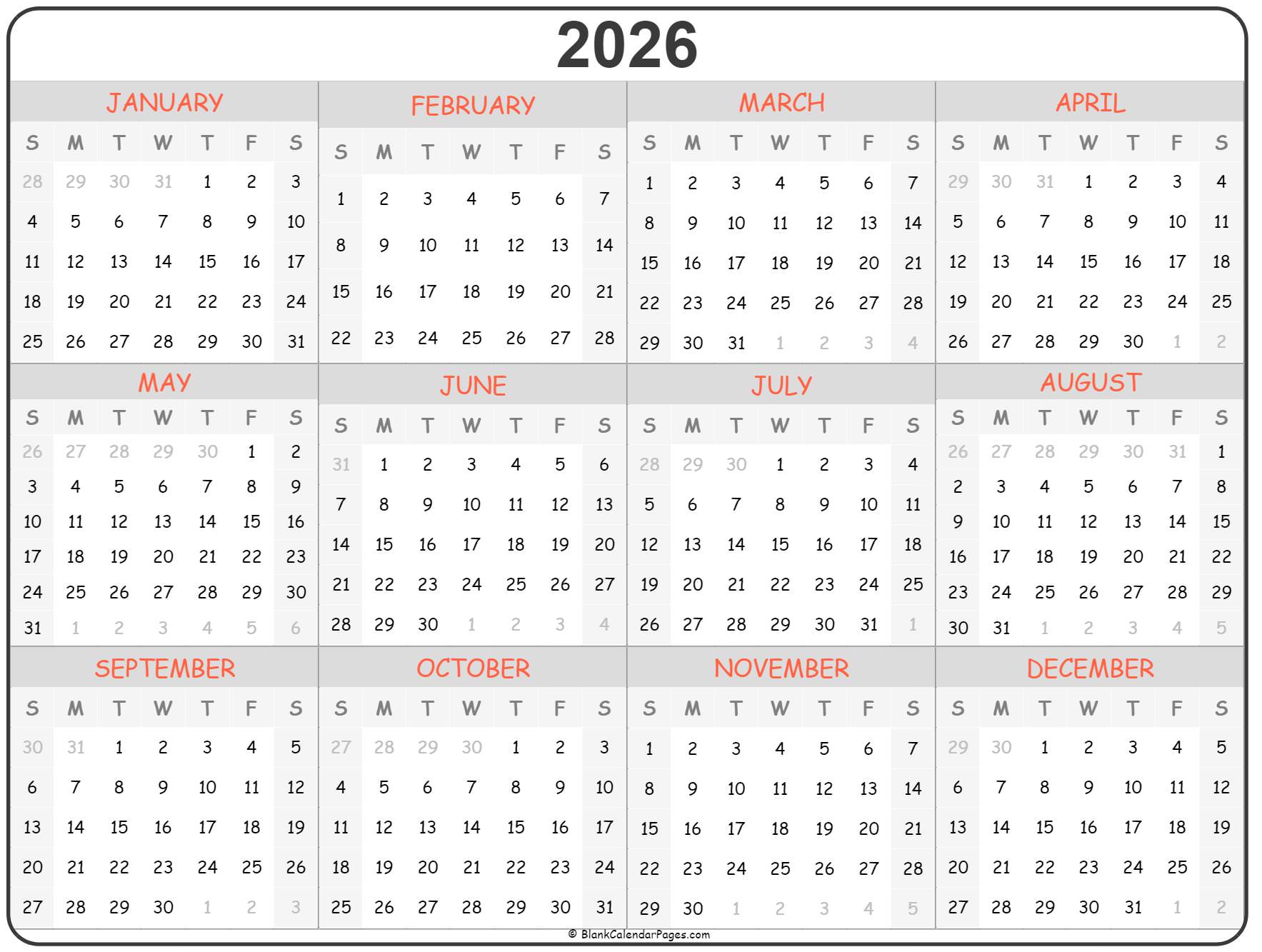
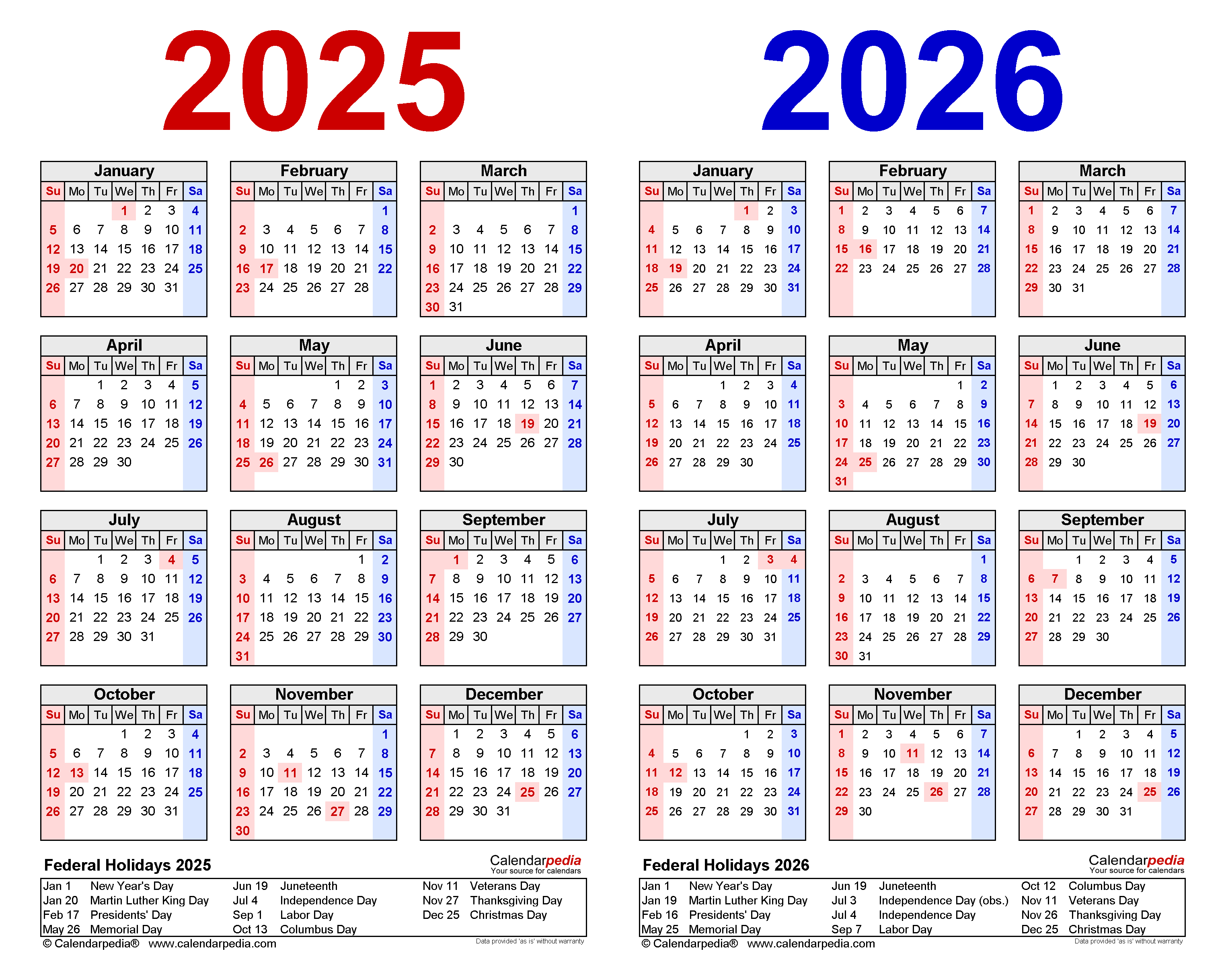
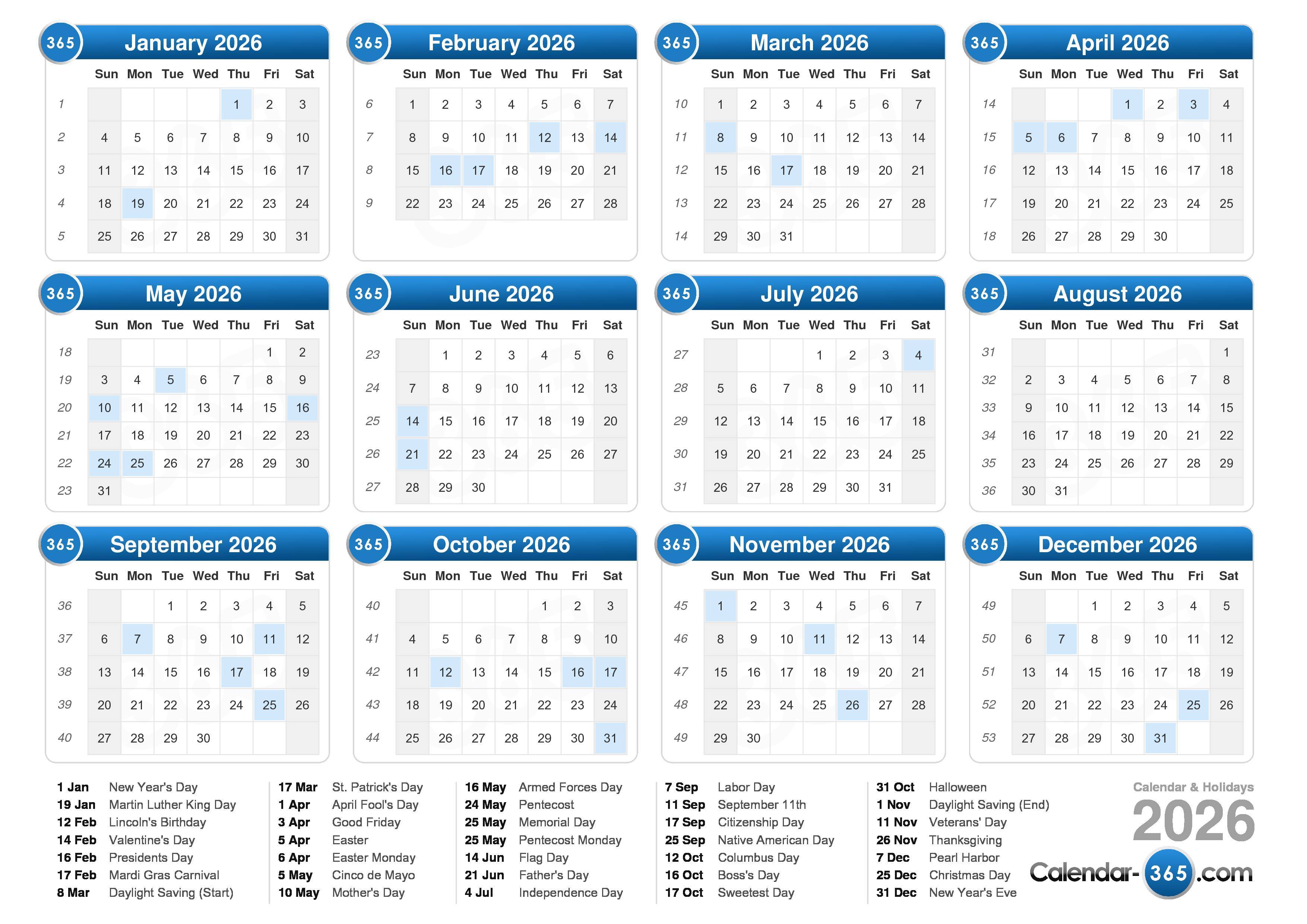
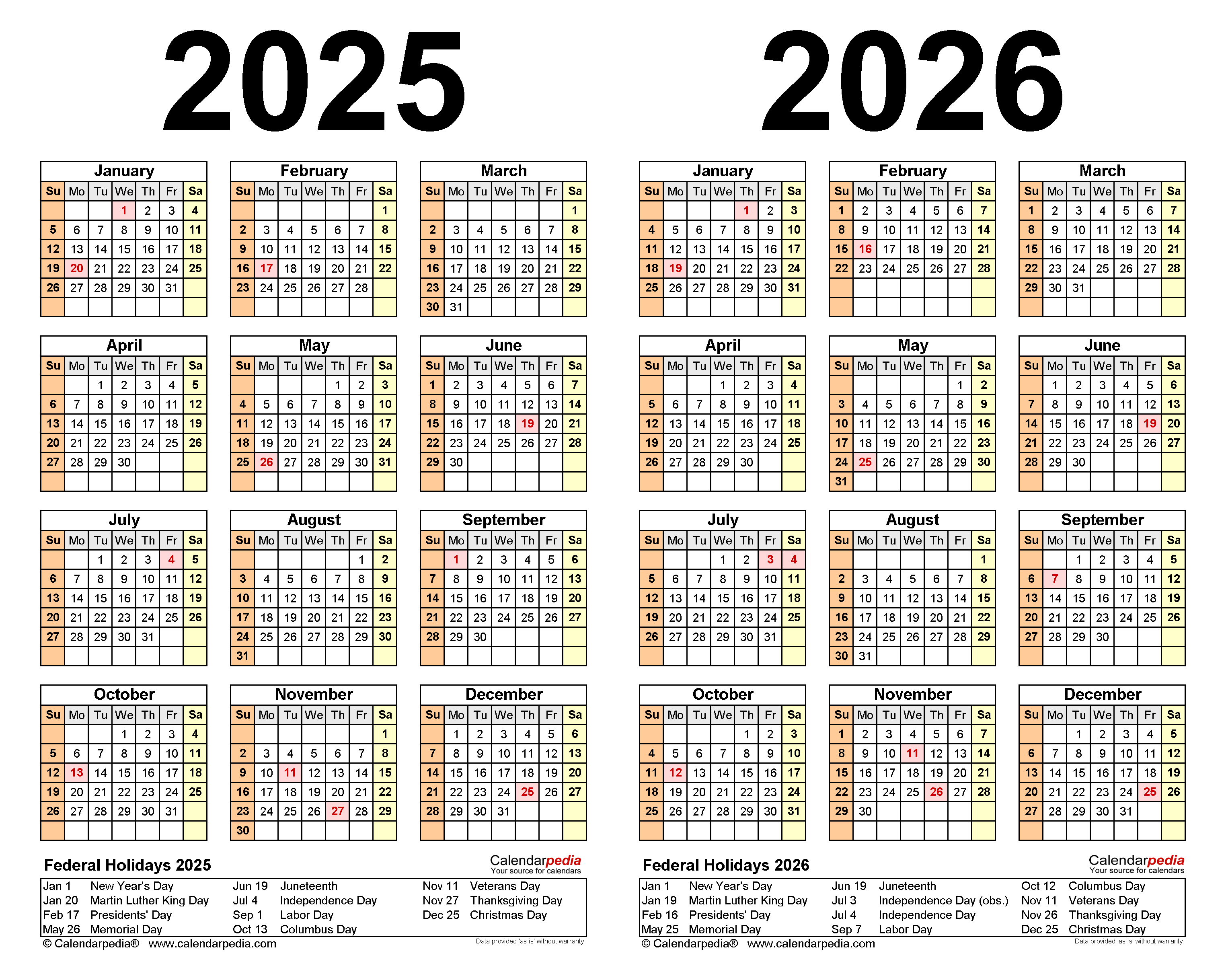
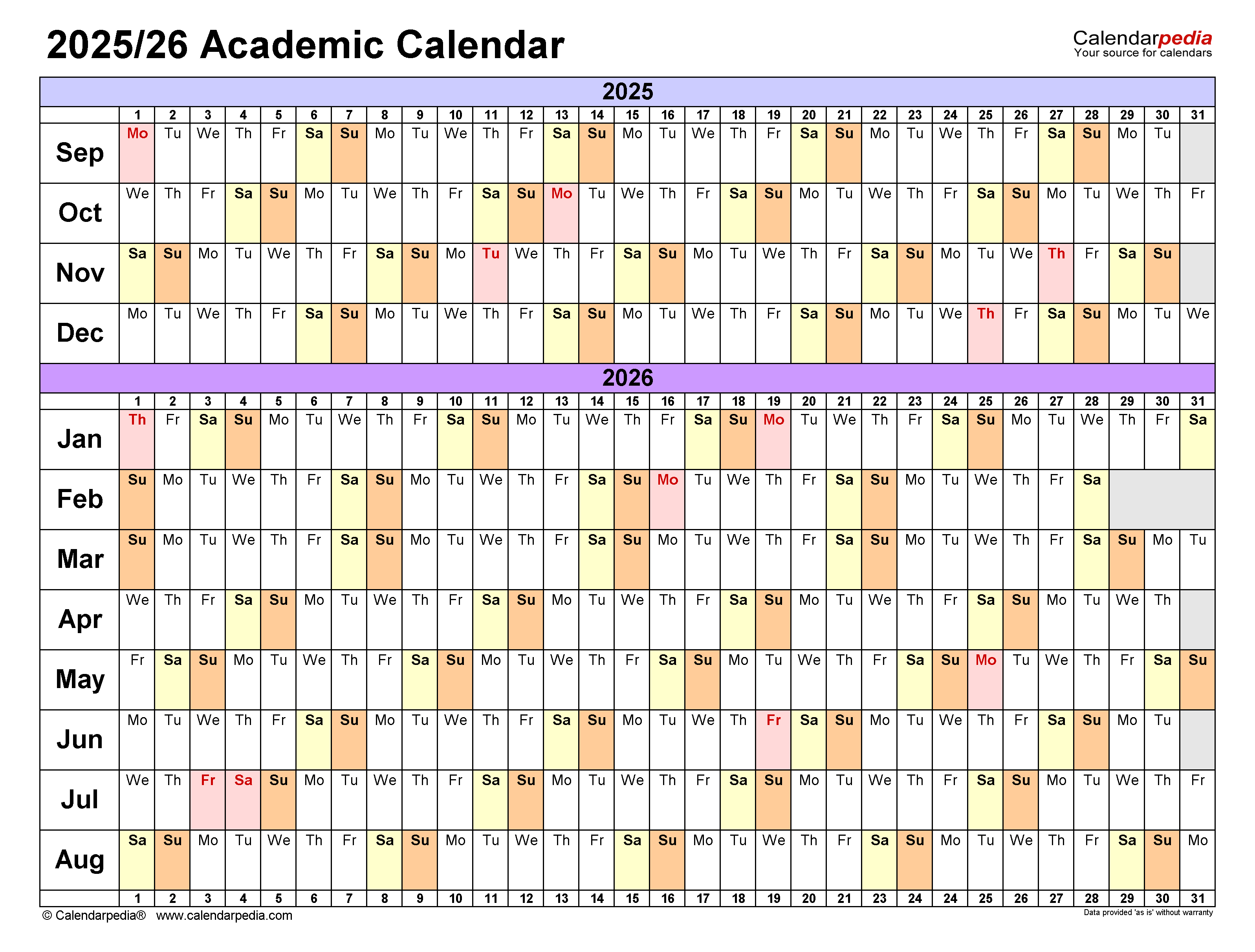
Closure
Thus, we hope this article has provided valuable insights into Navigating Time: A Comprehensive Look at the 2026 Calendar. We hope you find this article informative and beneficial. See you in our next article!